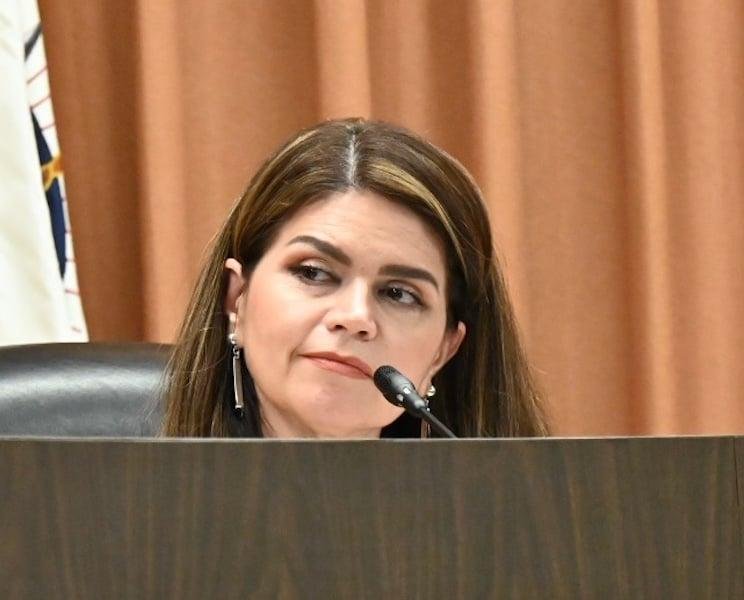arizona
Tucson Mayor’s RTA Frustrations Demand Attention, Not Dismissal

In a recent meeting, tensions flared between Tucson Mayor Regina Romero and the Regional Transportation Authority (RTA) Board. Expressing her frustration, Romero accused RTA Executive Director Farhad Moghimi of harboring ill will towards the city, sparking a heated exchange that left many observers stunned.
Romero’s mounting exasperation stemmed from ongoing discussions about the RTA’s financial shortfall, with the organization being $143 million short of its promised project list since voters approved it in 2006. Her patience waned as she grappled with the implications this would have on the City Council’s potential ballot measure for another round of sales taxes, aimed at addressing the region’s transportation needs.
Romero meticulously critiqued the RTA’s slow progress, indicating the need for immediate resolution. “I feel like we’ve wasted six years,” she said, referencing prior assurances from board members regarding fiscal responsibility and planning. The stakes, she emphasized, are high for Tucson as the timeline for a critical March 2026 election looms closer.
In a powerful rebuke directed at Moghimi, Romero stated, “I’ve sat here for six years fighting for information…you have put in stops and speed bumps every step of the way.” Her comments underscored a broader sentiment among the council that Moghimi’s approach has been a hindrance rather than a help.
Despite her civil tone, Romero’s frustration was evident as she warned the board, “You are affecting every single jurisdiction on this table.” Yet, her poignant remarks went largely unacknowledged as the board transitioned to other agenda items, indicating a disconnect that leaves many concerns unaddressed.
As the meeting continued under the auspices of the Pima Association of Governments, Romero and Pima County Supervisor Matt Heinz called for a performance review of Moghimi. However, procedural issues emerged, revealing a complicated and often opaque organizational framework that stifles accountability. Moghimi’s contract stipulates that reviews must occur during a joint meeting of the RTA and PAG boards, creating a barrier for the necessary evaluation.
Calls for improvement surfaced, with Councilmember Kevin Dahl expressing disappointment in Moghimi’s engagement. The perception remains that Moghimi is distancing himself from direct dialogue with city officials, sparking frustration among council members and leaving them questioning his adherence to collaborative governance.
The ongoing schism highlights a crucial need for the RTA Board to recalibrate its approach. Romero’s leadership style is characterized by a firm yet inclusive demeanor, and her efforts to bridge gaps should not be undervalued. The board’s dismissive attitude towards her concerns undermines both regional collaboration and essential funding opportunities.
As the future of the RTA hangs in the balance, Romero stands at a crossroads. If her frustrations continue to go unheard, Tucson’s Council could take drastic measures, including pursuing independent funding initiatives. Moving forward, direct communication and responsive governance will be vital to ensure sustainable infrastructure development for the region.
Tucson’s needs are clear, and decisive action is required. Failure to address the challenges head-on could lead to severe repercussions for the city and its residents. The RTA Board must recognize the urgency of the situation and prioritize genuine engagement with Romero and the City Council.


















